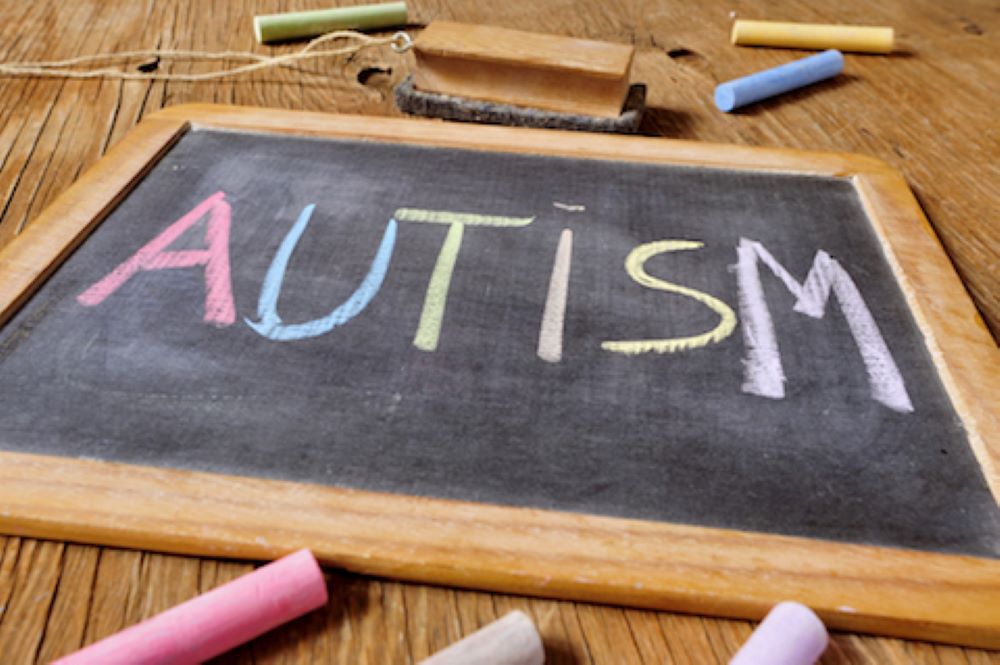Autism changes to diagnostic criteria in the DSM-5
Published on Tuesday, 25 July 2017
Last updated on Wednesday, 08 December 2021

This article was written by Victoria Gibbs a psychologist with Carers Connection.
It's important to be aware of the changes to the diagnostic criteria for Autism Spectrum Disorder (ASD), and how you would go about getting an assessment and diagnosis of ASD for a child.
The previous Diagnostic and Statistical Manual (DSM) known as the DSM-IV TR classified Autism into three different diagnoses – Autistic Disorder, Asperger's Syndrome, and Pervasive Developmental Disorder Not Otherwise Specified (PDD-NOS).
However, in the development of the DSM-5, the American Psychiatric Association reviewed the current research and concluded that there was no evidence to support the continuation of this categorisation into three separate conditions.
Therefore, the DSM-5 has grouped these categories into one diagnosis of Autism Spectrum Disorder, and then provided further classification of the condition according to three levels of severity over two core domains i.e. 1) deficits in social communication and social interaction and 2) restricted repetitive behaviours, interests, and activities (RRBs).
A level of severity from 1 to 3 is then assessed and applied to the diagnosis for both criteria domains, with level 1 indicating a low need for support and level 3 indicating high support needs.
Here's a simple diagram of these changes below: (adapted from ASPECT Autism Spectrum Australia) DSM-IV-TR (prior to May 2013)
DSM-5
Autism Spectrum Disorders:
- PDD-NOS/Atypical Autism
- Asperger's Disorder
- Autistic Disorder
So, if you believe a child in your service may fit the criteria for Autism Spectrum Disorder, what should you do? What are the first steps you should take, and what does the process look like? The Raising Children Network have a helpful step-by-step guide and you can now see it here.
Carers Connection is a trusted provider of specialised psychology services for all parents, carers and educators to connect, learn, and discover joy in the everyday of caring for young children. They are dedicated to the support and wellbeing of the most important people in a child’s life, to ensure every child has every opportunity to thrive. Whether you are a parent, grandparent, foster carer, or educator, the psychologists at Carers Connection will gently guide you through the ups and downs of caring for young children and simplify your path to change. Carers Connection provide parent and educator counselling, early intervention child therapy, information sharing, and a range of engaging workshops. Connect with them today by clicking here to learn more about how they can help.
Related Articles

New research - Integrating autistic children in mainstream care
Supporting autistic children to successfully assimilate into mainstream school alongside their non-autistic peers.

How early intervention can support children with autism
Although autism is usually diagnosed when a child is two or older, some youngsters exhibit signs of this condition well before their official diagnosis.

Autism in the early learning and care environment
How early learning and care providers support ASD children and work collaboratively with their families to support their development and wellbeing.

